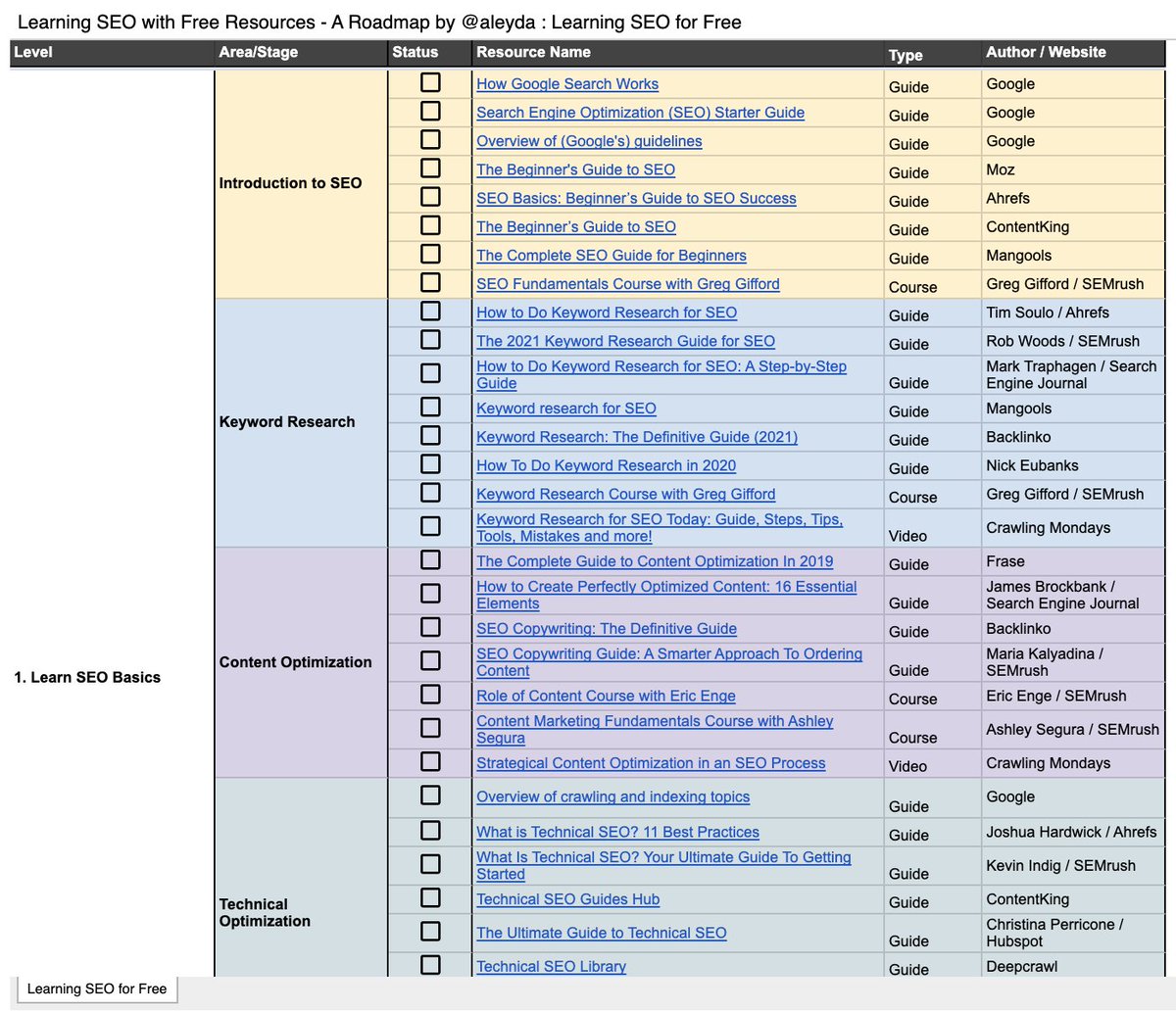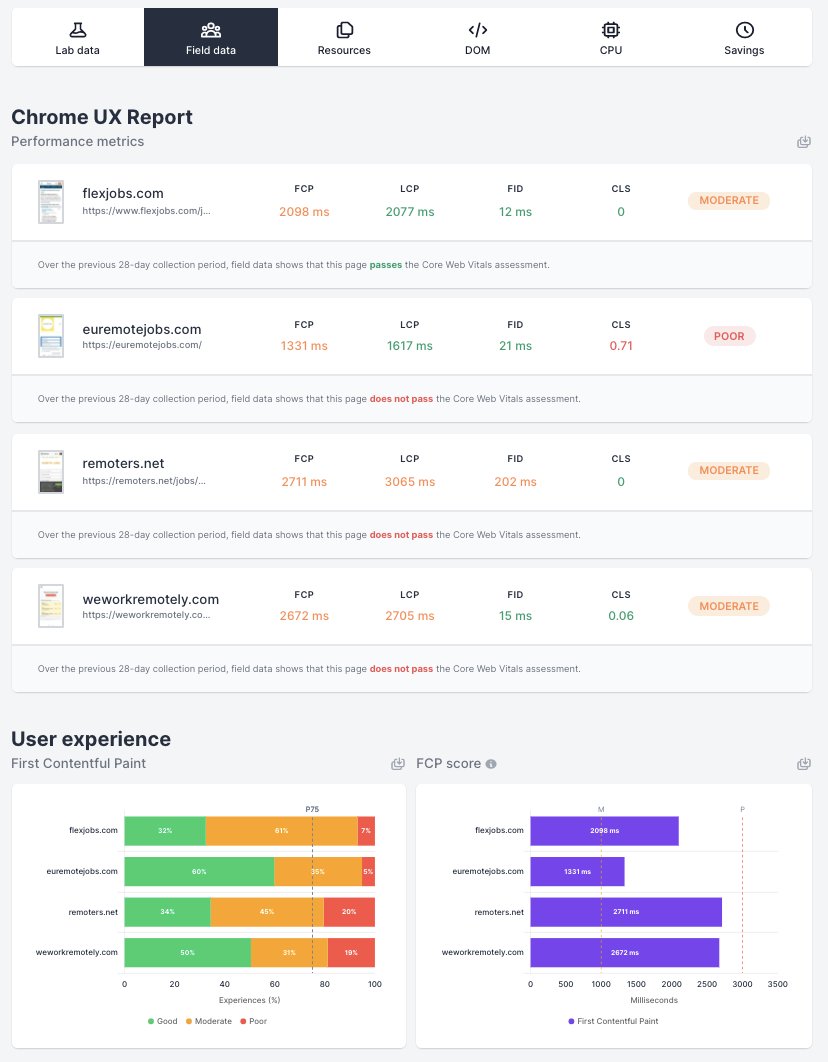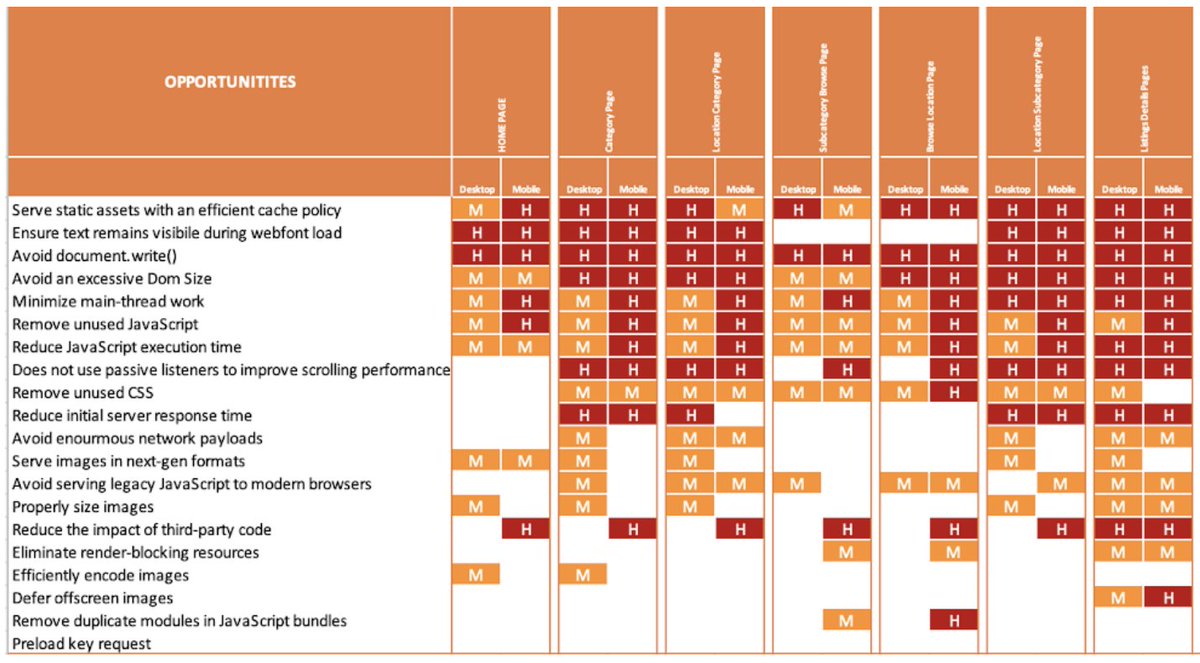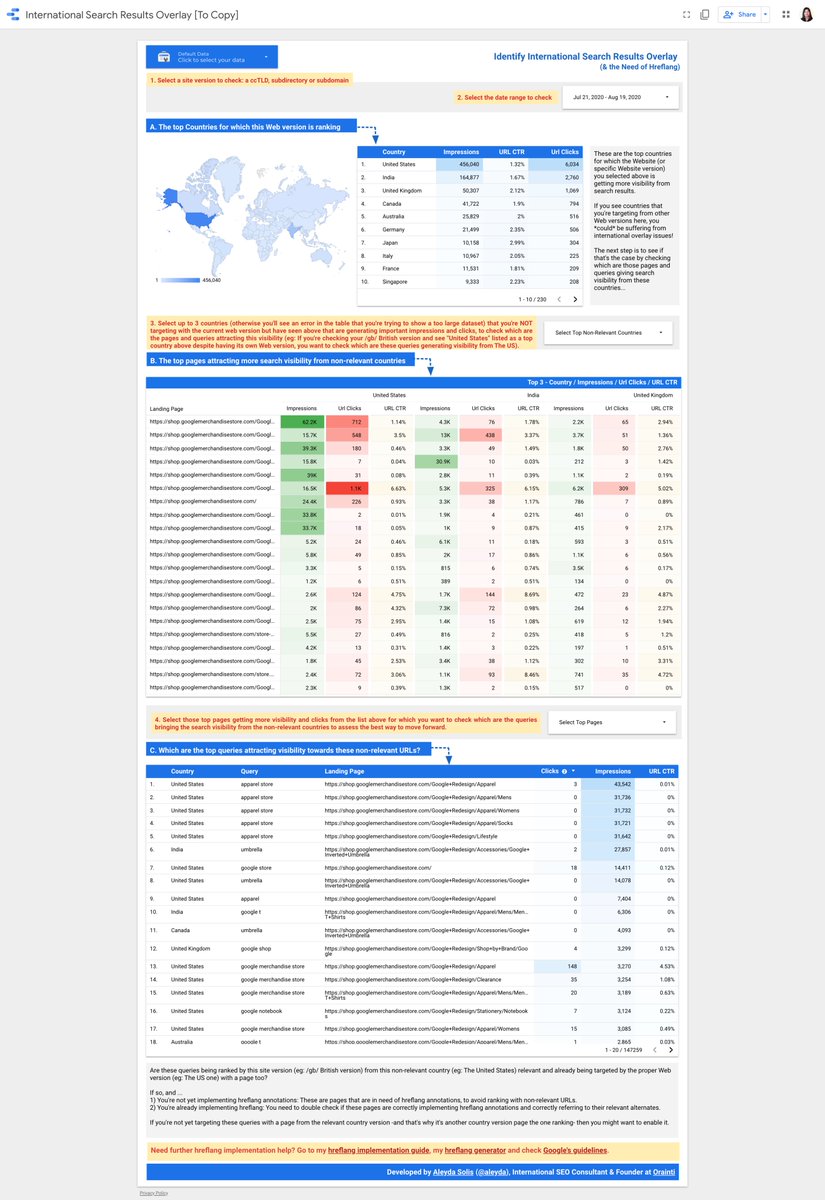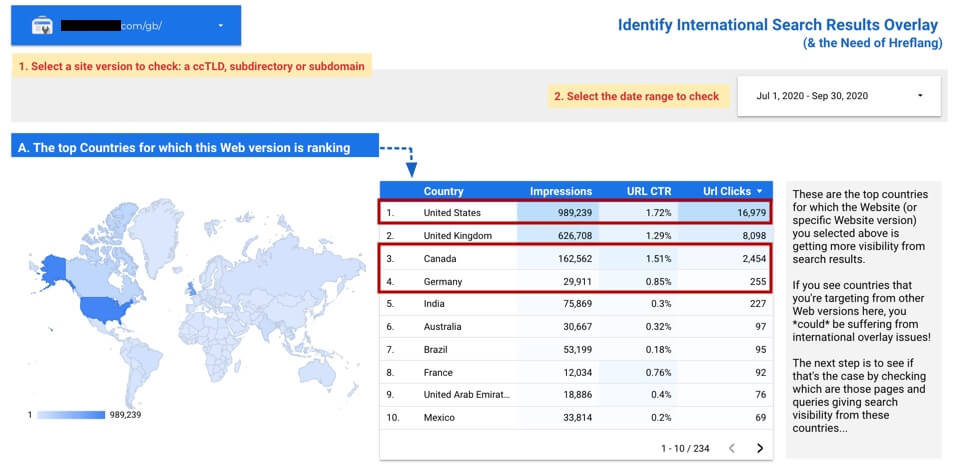
How to thrive as an SEO specialist in Complex SEO processes to make things happen?
Is about:
👩🏻🏫 Having Influence to earn support
🏃🏽♀️ Be fast and agile
🚨 Be consistent and error free.
I explain how in my presentation from #WTSFest 🙌
slideshare.net/aleydasolis/th…
Is about:
👩🏻🏫 Having Influence to earn support
🏃🏽♀️ Be fast and agile
🚨 Be consistent and error free.
I explain how in my presentation from #WTSFest 🙌
slideshare.net/aleydasolis/th…

A few highlights of the presentation, in #SEOmeme mode (@izzionfire this is dedicated to you 😜):
* When decision makers assess SEO vs. PPC investment...
* When decision makers assess SEO vs. PPC investment...

Why is fundamental to be agile/flexible and revise our SEO goals and activities frequently through the process ... 

On a more serious note, here are a few ideas discussed in the deck in cast you're too busy to check:
1) SEO is multidisciplinary and this show how/why a sound/well aligned coordination across areas is fundamental to achieve results
...
1) SEO is multidisciplinary and this show how/why a sound/well aligned coordination across areas is fundamental to achieve results
...

2) To get buy in from decision makers, setting "top-to-down" SEO goals that can be easily traced/mapped to the overall business goals is critical, the impact and "why" of your activities will be much easier understood and get better support... 

3) Ideally, the "top-do-down" goals should be set not only for SEO but across areas, like this it will be also easier to identify those "unified/shared" goals across areas that will facilitate to see why/how you can support each other in execution... 

4) Prioritize your SEO activities based on impact and effort, create a matrix to quantify them and have an easier time establishing which should be done first.
...
...

5) Every single SEO recommendation from your audit should answer the "5 Ws and the H" for actionability and facilitate others to understand their importance, impact and how to move forward with it
...
...

6) Minimize errors through the SEO process implementation by setting a healthy SEO framework that integrates: Education/Evangelization, Validation and Monitoring... these 3 types of activities need to be aligned to stop chasing errors after they happen!
...
...

7) Despite having a validation/monitoring framework you should always be prepared for the worst! Plan for those "What-Ifs" by establishing workflows with actions and timeline to follow for the most common SEO f*ck ups! 

💪 SEO is not getting easier... it is more competitive and complex to get the desired visibility/traffic/revenue, but these principles should be able to help to achieve an effective process!
• • •
Missing some Tweet in this thread? You can try to
force a refresh






